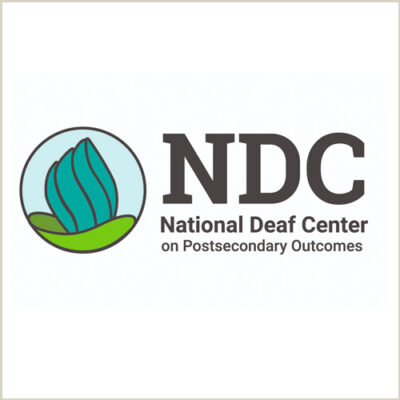
Research
The Department of Educational Psychology is currently ranked eighth in the nation by U.S. News & World Report. This ranking reflects the quality research conducted by our faculty and graduate students. Our department is home to several nationally recognized research centers and grant-funded initiatives and has consistently averaged research expenditures between $2-5 million per year.
This success is due to the work of several research labs and facilities aimed at promoting and understanding learning, mental health and school success. Research in our department is funded by the Institute of Educational Sciences, the National Institutes of Health and many foundation and corporate funders. This page highlights some of the many research accomplishments and opportunities in our department.

Labs and Research Areas
The Center for Applied Psychometric Research
Dedicated to providing cutting-edge statistical and psychometric research and evaluation services to further educational improvements at the K-12 and higher education levels and to inform educators, researchers, policymakers and other stakeholders in the education process.
Coping and Stress in Education (CASE) Lab
Explores the intersection of health, psychology and education by researching how to promote wellness and productivity in educational settings.
Families, Schools and Communities Translational Research Lab
Focuses on developing and rigorously testing evidence-informed health promotion, prevention and intervention programs intended to benefit children and families, particularly those living in stressful circumstances and those who are often marginalized in our society.
Health Equity Across the Lifespan
The HEAL lab is dedicated to advancing research, advocacy, and education to support at-risk populations, improve access to mental health services and foster equitable, culturally informed care across the lifespan.
National Deaf Center on Postsecondary Outcomes
Supports postsecondary outcomes for individuals who are deaf, deafblind, deafdisabled, hard of hearing, or late deafened by drawing on evidence-based strategies to educate and engage with stakeholders across the nation.
Pediatric Coping and Language Lab
Studies family, linguistic and sociocultural influences on children’s adaptation to stress and their mental and physical health outcomes.
Science of Learning and Metacognition Lab
Explore how people can be empowered to become motivated and effective self-regulated learners by combining the right mindset and tools.


